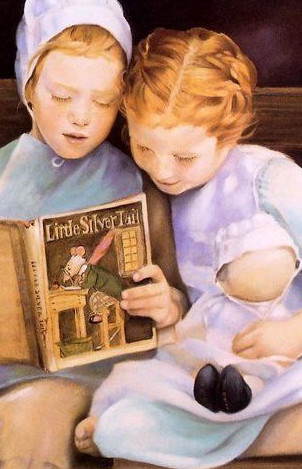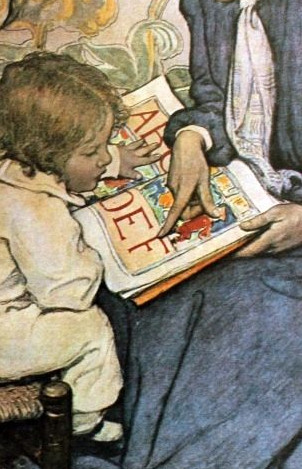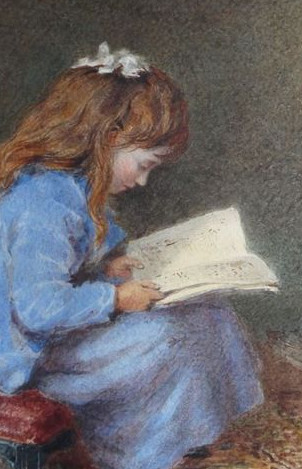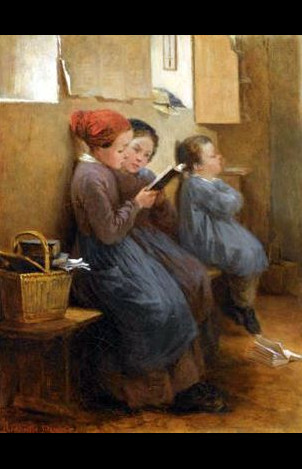Literacy Blogs
- All
- 3-cueing
- academic learning time
- academic vocabulary
- accommodations
- accountability testing
- Active View of Reading
- adolescent literacy
- afterschool programs
- alphabet
- amount of instruction
- amount of reading
- argument
- assessment
- auding
- author awareness
- automaticity
- balanced literacy
- beginning reading
- Book Buddies
- Book Flood
- challenging text
- classroom organization
- close reading
- coaching
- cohesion
- Common Core State Standards
- complex text
- comprehension strategies
- content area reading
- context analysis
- curriculum materials
- Daily 5
- decoding
- departmentalization
- DIBELS
- dictionary skills
- digital texts
- disciplinary literacy
- dyslexia
- early interventions
- effective teachers
- Emily Hanford
- executive function
- family literacy
- fingerpoint reading
- foundational skills
- graphic novels
- guided reading
- heterogeneous grouping of students
- homework
- improving reading achievement
- independent reading
- independent reading level
- informal reading inventories
- informational texts
- instructional level
- invented spelling
- jigsaw instruction
- knowledge
- leadership
- learning disabilities
- Lexiles
- linguistic comprehension
- listening comprehension
- literacy charities
- literacy policy
- literary interpretation
- main idea
- morphology
- motivation
- narrative text
- National Early Literacy Panel
- nonsense words
- oral language
- oral reading fluency
- paraphrasing
- Pause, Prompt, Praise (3P)
- personalized learning
- phonemes
- phonemic awareness
- phonics
- press and media
- principals
- prosody
- Readers' Workshop
- reading comprehension
- reading disabilities
- reading intervention
- reading levels
- reading models
- Reading Recovery
- reading research
- reading skills
- reading strategies
- reading to children
- reading wars
- reading-writing relations
- remedial reading
- rereading
- Response to Intervention
- Scarborough's Rope
- science of reading
- seatwork
- semantics
- sentence comprehension
- sequence of instruction
- set for consistency
- set for variability
- shared reading
- shared reading
- sight vocabulary
- simple view of reading
- Simple View of Reading
- small group instruction
- social studies
- sound walls
- Special Education
- speech-to-print phonics
- spelling
- stamina
- summarizing
- Sustained Silent Reading
- syllabication
- syntax
- syntax
- testing
- text complexity
- text interpretation
- text reading fluency
- text structure
- theme
- think-pair-share
- trauma
- visualization
- vocabulary
- word walls
- writing
- zone of proximal development (ZPD)
How Not to Respond to a Lack of Responsiveness to Intervention
Teacher question: Here is my dilemma. My administration has decided that if a student has 3 or 4 points of data on an ORF (Oral Reading Fluency) graph that shows they are not making progress then the entire reading intervention program must be changed. It doesn't matter to them if the student had been making progress for months before in the same program. I was told by my principal that our school district is being sued because of RTI. When a student is not making progress as evidenced by the ORF and the reading specialist doesn't change the program then the school district is at risk of being sued. The ...
Is it a good idea to teach the three cueing systems in reading?
Teacher question: There is a big argument in my new district over whether or not it is a good idea to teach children to use the three cueing systems. What do you think? Why don’t you ever write about the cueing systems? Shanahan’s response: I don’t write about them because I’m not a fiction writer. Don’t get me wrong, cueing systems exist, but their value in reading instruction is a magnificent work of the imagination. How do we read words? Perhaps we just guess dumbly when we see a word. For example, guess what this word is: Þßàm¤. Obviously, that can’t be what readers do. There are far too many words for that ...
Does text structure instruction improve reading comprehension?
Blast from the Past: This entry was first posted on March 17, 2019 and was reposted on May 22, 2021. I'm surprised this entry hasn't drawn more attention. These days I'm often asked, "How do you teach reading comprehension?" or "Shouldn't we stop teaching reading comprehension and focus on building knowledge?" This topic, teaching text structure, should be a valuable response to those questions. I have added references and some links to additional practical supports for such teaching and have tacked on a new conclusion that provides 10 reasons that reading teachers should focus on text structure. Teacher question: I was wondering what ...
Which Is Best, Pull-Out or Push-In Interventions?
Teacher question: My district is looking to improve our current intervention model. Currently, our reading interventionists operate on a pull-out model. However, we have heard that a push-in model can be be more effective so are interested in moving in that direction. What does the research say about the effectiveness of pull-out versus push-in for reading intervention? If one is more effective than the other, what would that entail? Shanahan response: When people tell you that you should adopt a model or approach that ...
Should We Administer Weekly Tests Linked to Standards?
Teacher question: My district instituted a weekly "checkpoint" (a short passage and multiple-choice assessment aligned to our standardized test). Teachers are required to give this, and then break it down by standard in a meeting with a coach. I've argued that these tests are likely not measuring what they think they are. They believe that these can tell teachers whether students are mastering certain standards and questions. We have a large proportion of students below grade level. I'm concerned that valuable teaching time, focusing on working with complex texts, is going to be spent on testing, and that the nature of the ...
Early Identification: Predicting Reading Disabilities and Dyslexia
Blast from the Past: First posted on February 15, 2019 and reposted on February 10, 2023. This entry seems timely given recent legislative efforts to impose early literacy assessments aimed at identifying dyslexia. Legislatures across the country have been passing laws requiring screening and monitoring assessments. However, when you look at the states that have such legislation we're not seeing improvements in reading achievement. That reminds me that there is a very small research literature on the positive impact of early assessment on learning. Despite potential benefits of early screening, it only really helps if it leads to instructional efforts ...
Which Texts for Teaching Reading: Decodable, Predictable, or Controlled Vocabulary?
Teacher question: I'm looking for help with information or resources about text types for early readers. We have decodable text, text with high-frequency words, and predictive text. It seems like a reasonable strategy to provide our fragile readers with more opportunities to read these low-complexity texts while we shore up issues with phonological awareness. Many teachers over the years have complained to me, an instructional coach, about a lack of available texts to meet the need of students as they proceed through the year and the text complexity increases. Even with popular curriculum programs, teachers usually have very limited options with beginning reader texts, and it isn't clear how the different types are ...
How Would You Schedule the Reading Instruction?
Teacher question: If you were teaching second-grade what would your schedule look like? Shanahan response: This question—in various forms—came up a lot this week in response to last week’s posting. Here is my thinking on this. I start from the premise that I want kids to get between 120-180 minutes per day of reading/writing instruction. The more challenged the kids are, or the greater the learning gains we are seeking, the more time I will devote to literacy. Given the ambitious learning goals that we are striving for, I see no way of accomplishing them with fewer than 2 hours per day (or 360 hours per year). And, no matter how great ...
Why Aren't American Reading Scores Higher?
Blast from the Past: Four years ago, I posted this blog. These days -- post COVID -- this question is coming up even more often, and more insistently than then. A lot of instruction was lost by many children and schools are scrambling to do better. Unfortunately, too many are seizing on simplistic solutions, that might be helpful for some kids, but which will not be likely to improve achievement very much. The solutions provided in this blog are still the best way to go for those who are serious about raising reading achievement -- in their classroom, in their ...
Should Kids Pick their Own Reading Texts?
Blast from the Past: First posted Janaury 12, 2019; re-posted April 19, 2022. So much has happened since this essay first appeared -- many students have missed large amounts of schooling and achievement results reflect that loss. Many teachers are seeking ways to supercharge achievement to try to make up for the decline This blog is an important reminder about why teachers need to curate the texts that are used for instruction. Teach reading with texts that have features students do not yet know how to negotiate and that expose students to the content they need to know. Choice is important. Encourage ...









